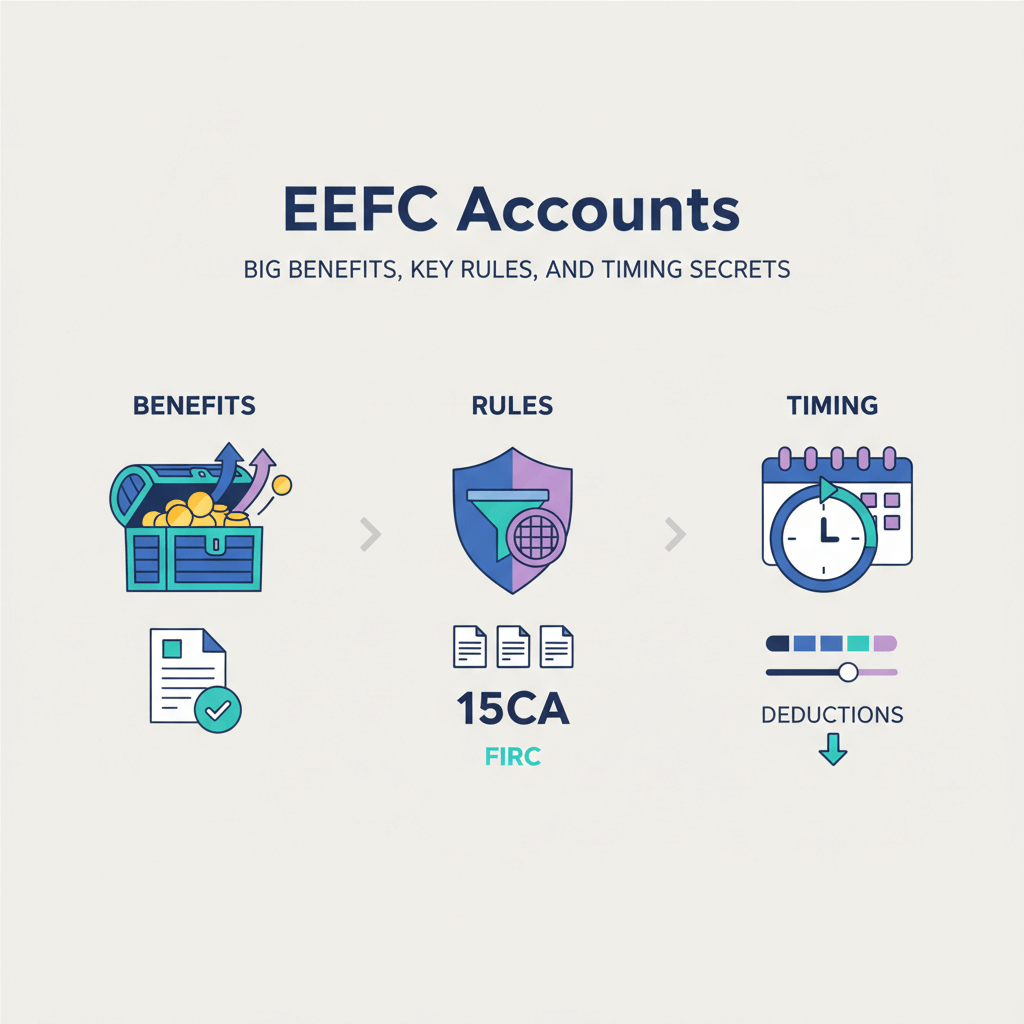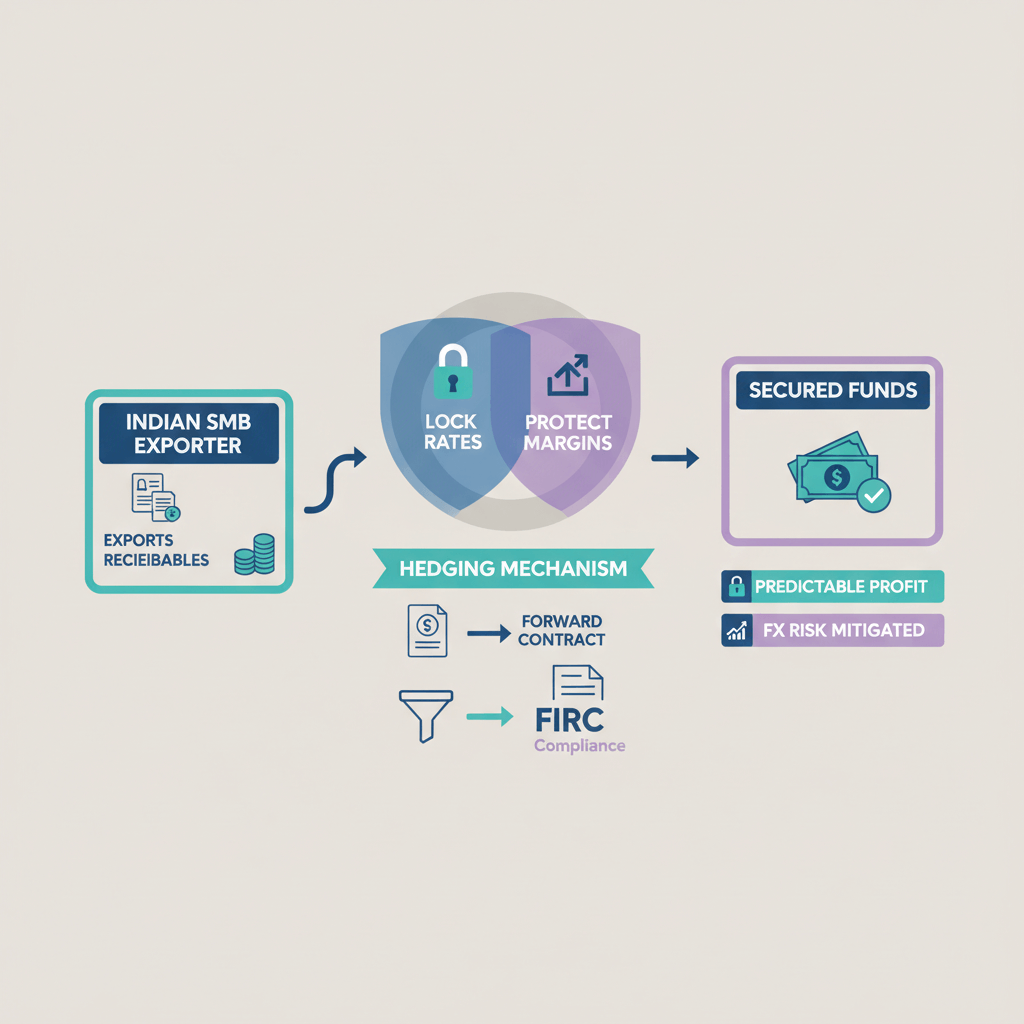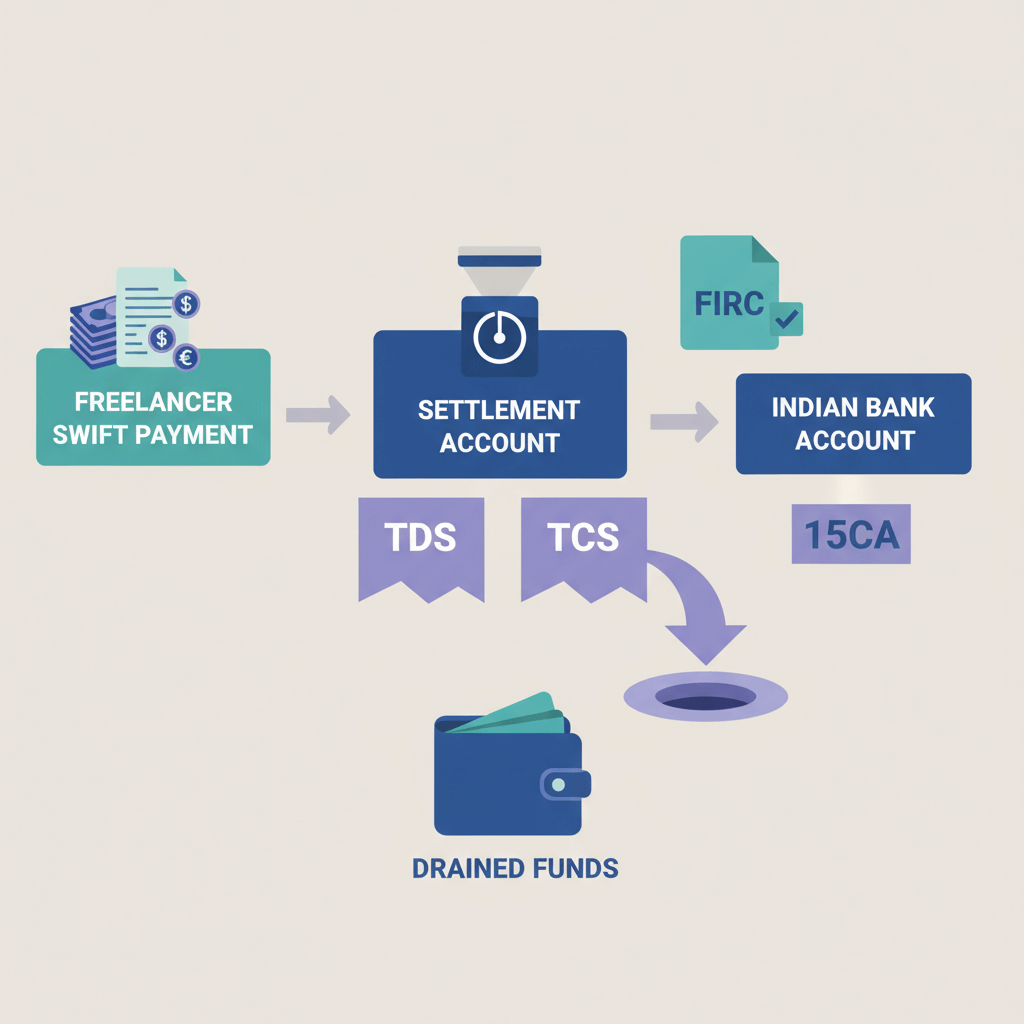An EEFC (Exchange Earner’s Foreign Currency) account was primarily designed for exporters, to make it easy for them to manage their foreign currency transactions. But these days EEFC accounts can be opened by anyone, as long as income is earned in a foreign currency.
Banks authorized by the RBI offer EEFC accounts but with differing terms and conditions. Picking the right EEFC account is thus essential for your ease of doing business.
In this article, we compare EEFC accounts offered by various banks like HDFC, ICICI, Axis Bank, etc., and help you choose the right one.
What To Look For When Opening an EEFC Account?
Managing an EEFC account is a lot different than a normal savings account. To begin with, an EEFC is treated like a current account, meaning it earns no interest on the amount of money maintained. Other terms, fees, and charges might be new to those unfamiliar or new to foreign transactions. For a more detailed explanation of EEFC accounts, check out our article on EEFC accounts. For now, here are some key features to consider when comparing EEFC accounts:
Transaction Fees and Charges
Transaction fees and charges are crucial factors to consider when choosing an EEFC account, as they directly impact the cost of managing foreign currency. Common fees associated with EEFC accounts include:
- Fund transfer fees
- Currency conversion fees
- Account maintenance charges
- Inward and outward remittance fees
Different banks will have different fees for each of the above categories. Ideally, you should pick a bank who fees & charges best align with your business transaction patterns. For example, if you don't need to frequently convert foreign currencies, you can pick a bank with high currency conversion charges but lower account maintenance and fund transfer fees.
Foreign Exchange Rates
Competitive Forex rates are essential for maximizing the value of the currency you hold in your EEFC account. According to RBI regulations, you are required to convert the foreign currency held in your account at the end of the month. Banks usually profit from foreign exchange markups, but some more than others. It is important to take this into consideration when opening an EEFC account.
Miscellaneous Services & Benefits
Businesses involved in international trade require specialized benefits and services. These can range from multi-currency exchanges to forex hedging options. Traditional banks are slow to take up these new strategies and may or may not offer such services (discussed below). But ideally, multinational companies would be advised to utilize such services to cut costs.
Comparing Bank Features for the Best EEFC Accounts
EEFC Account Axis Bank
Axis Bank EEFC account is best suited for businesses that deal predominantly in major currencies and seek simplicity in account management.
Pros:
No account maintenance charges
No Monthly Average Balance (MAB) OR Average Quarterly Balance (AQB) Requirement
Cons:
Only works for 4 currencies- USD, GBP, EUR, JAP.
EEFC Account HDFC
HDFC Bank EEFC account is used by companies with diverse international transactions, as it provides support for many of the world's currencies.
Pros:
Available in 21 currencies
Preferential currency conversion rates
Cons:
Possible hidden charges, such as conversion fees or transaction fees are not immediately clear.
EEFC Account ICICI
ICICI Bank provides various convenient features for businesses in foreign currencies. Easy conversion to INR along with forward contracts for reducing currency risk.
Pros:
Works with 24 different currencies
Online currency conversion
FX hedging solutions
Cons:
Higher transaction fees for international transfers compared to some competitors
EEFC Account Induslnd Bank
Along with the general perks associated with an EEFC account, Induslnd Bank offers various financing options, specifically designed for businesses working with foreign currencies.
Pros:
Financing solutions for exporters
9 Currencies Supported
Cons:
Limited currency options compared to some other banks
EEFC Account YES Bank
Pros:
Can be opened in 15+ currencies
Cons:
Card rates apply to foreign exchange transactions below USD 20,000
As you can see, private banks offer largely identical terms when it comes to EEFC accounts, the only major difference being the number of currencies they deal in. Hence, it's better to base your decision on the basis of which bank provides the most convenience in terms of documentation or dedicated relationship managers to manage your EEFC account.
What is the difference between EEFC and foreign currency account?
The main distinction between an EEFC (Exchange Earners' Foreign Currency) account and a regular foreign currency account lies in their intended use and the source of funds. Here are the key differences:
#1 Purpose and Eligibility:
EEFC Account:
- Specifically designed for individuals and businesses in India earning foreign exchange through exports, international trade, or services to foreign clients.
- Encourages retention of foreign currency earnings and facilitates transactions related to foreign exchange earnings.
Foreign Currency Account:
- A regular foreign currency account permits individuals and businesses to retain foreign currencies and might not be bound by the same eligibility criteria related to foreign exchange earnings.
#2 Source of Funds:
EEFC Account:
- Primarily meant to hold foreign currency earnings obtained through legitimate channels such as exports or foreign services.
- Intended for funds earned in foreign currencies.
Foreign Currency Account:
- Can be funded with foreign currency from various sources, including international transactions, personal savings in foreign currencies, or any legal means of acquiring foreign funds.
#3 Regulations and Usage:
EEFC Account:
- Funds can be used for specific permissible transactions, such as imports, repayment of foreign loans, and other approved payments.
Foreign Currency Account:
- While subject to certain regulations, offers more flexibility in terms of usage.
- Funds can be used for international wire payments, travel expenses, or any other legitimate purpose without the stringent restrictions associated with EEFC accounts.
#4 Incentives and Encouragement:
EEFC Account:
- Encouraged by the RBI to promote and streamline foreign exchange earnings.
- Serves as an incentive for businesses and individuals to contribute to India's foreign exchange reserves.
Foreign Currency Account:
- Widely available but may not come with the same level of encouragement or incentives provided by the RBI for holding foreign exchange earnings in an EEFC account.
How does Karbon work with international payments?
With Karbon, you gain access to a global network with competitive rates and minimal fees. EEFC accounts are good for receiving money in foreign currencies but Karbon is better at sending money abroad (more than 100+ currencies supported). We offer lower exchange rates than traditional banks while also taking care of a majority of the documentation like FIRC certificate or form 15/CA etc.
Get in touch with us to learn more, thanks for reading.











